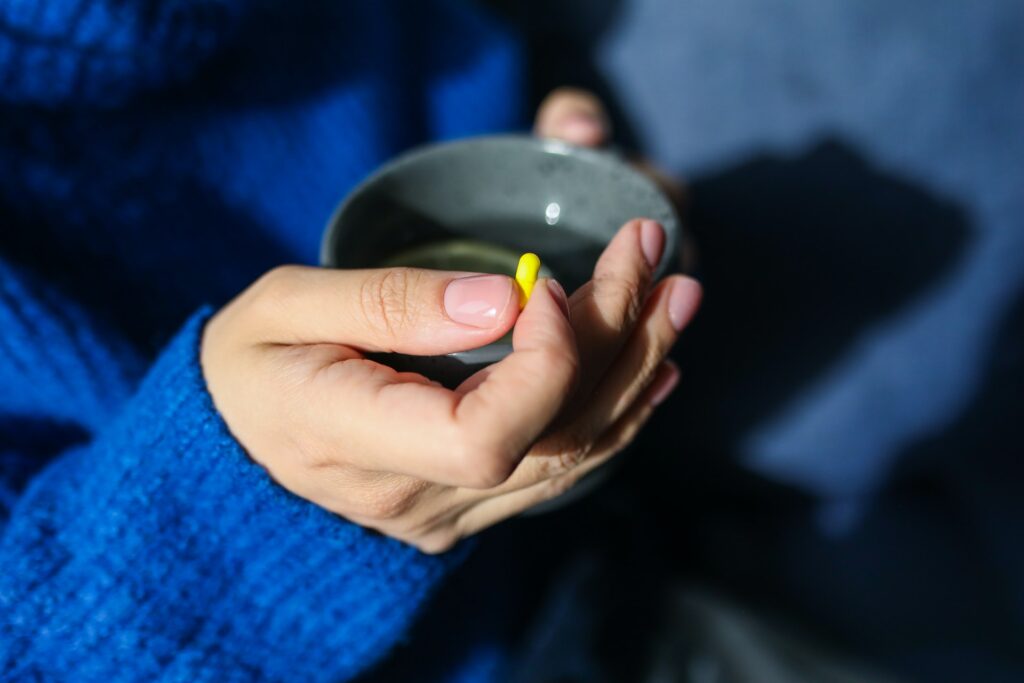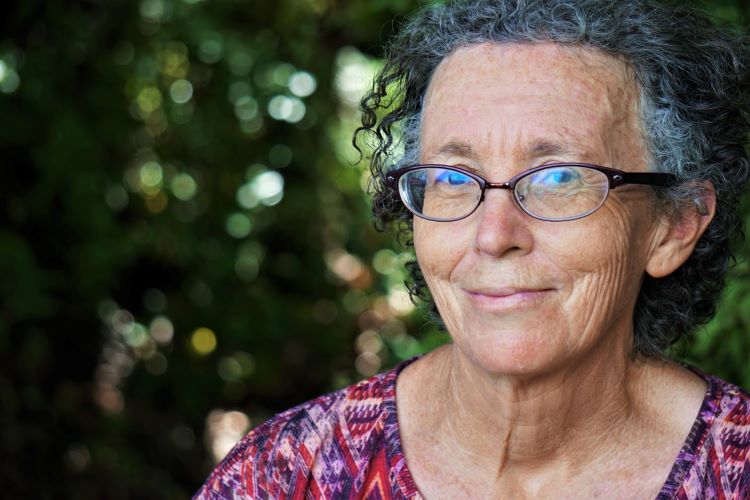Drug and Alcohol Rehab in Dunstable
When an individual is struggling with an addiction, there are many options that they may consider in terms of treatment.
In some cases, you or your loved one may not even want to enter rehab. However, addiction can have extreme consequences if left untreated for a long period of time.
It’s important therefore that these individuals are encouraged to seek help as soon as possible.
Although addiction can never be completely cured, through rehabilitation, individuals will learn different coping mechanisms and techniques that are specialised to their needs, requirements, triggers, and cravings.
This can be done through various methods, though the most common method through drug and alcohol rehab in Dunstable is to engage in therapy sessions.
These will focus on the root cause of the individual’s addiction.
Is rehab necessary for me?

Rehabilitation is the process in which individuals learn to live with their addiction, making it an essential life stage for many individuals struggling with addiction.
However, it may only become necessary in specific situations.
For example, with alcohol addictions, rehabilitation may only become suitable when the individual is consuming a specific quantity of alcohol or more as part of their daily routine.
This is generally a large quantity – far beyond the government’s daily and weekly recommendations (1).
When an individual begins seeking suitable drug and alcohol rehab in Dunstable, there are many options that they will be met with.
Rehab Recovery is here to help you or someone you know to find the most suitable rehab options for you.
We can help you to understand your addiction, its effects, and your unique triggers.
At Rehab Recovery, we offer free advice from a team of non-judgemental professionals, many of whom are in recovery and understand how hard it can be to change your relationship with addiction.
For more information about rehab in Dunstable, simply reach out to our 24/7, confidential hotline on 0800 088 66 86.
How does rehab work?

Through drug and alcohol rehab in Dunstable, individuals will follow the three stages of rehabilitation, even if these are not directly named or distinguishable.
The later stages of therapy and the care that the individual receives after leaving their addiction treatment programme can be seamlessly blended for a smooth transition into a life of sobriety.
Rehab can lasting programmes for individuals to continue their learning and understanding surrounding addiction.
The three stages of rehabilitation are listed below:
- Detoxification
- Rehabilitation/therapy
- Aftercare
In addition, drug and alcohol rehab in Dunstable will follow the abstinence approach to care, meaning that individuals are assisted through the process of quitting the substance they are addicted to before beginning any future treatment.
This is by far the most effective approach to rehabilitative care, having far higher rates of success than other approaches such as harm reduction and moderation management.
Studies have long shown that the longer an individual is abstinent, the lower their risk of relapse in the future (2), further highlighting its use and effectiveness.
What is Drug and Alcohol Detox?

During this first stage of rehabilitation in rehab, individuals will be encouraged to reduce the consumption of the substance they are addicted to.
This can be done through several methods:
- ceasing usage in one session i.e., going ‘cold turkey’
- slowly reducing the quantity of the substance the individual is consuming
- tapering – slowly transitioning the individual from the more harmful substance to a similarly structured substance with fewer negative consequences (short-term solution)
Please bear in mind that the type of substance the individual is addicted to will massively influence the type of detoxification process that the individual is suitable for.
For example, going ‘cold turkey’ is not suitable for individuals who have a long history of alcohol or heroin addiction. This is due to the way that these drugs work, making the withdrawal process life-threatening in some cases if not monitored correctly.
At Rehab Recovery, we offer free advice from a team of non-judgemental professionals, many of whom are in recovery and understand how hard it can be to change your relationship with addiction.
For more information about rehab in Dunstable, simply reach out to our 24/7, confidential hotline on 0800 088 66 86.
Therapy for Alcohol and Drug Addiction

After the individual has undergone the detoxification process and prepared themselves physically for the rehabilitation ahead of them, they can continue to the later stages.
Following the physical treatment that an individual receives in the detoxification process during drug and alcohol rehab in Dunstable, every individual is encouraged to follow the treatments that focus on the individual’s mental health.
This is something which is heavily affected by addiction.
Common therapies that individuals struggling with addiction engage in include cognitive behavioural therapy (CBT), family drug support, and holistic therapies.
These types of therapy take common activities such as art and music, and add therapeutic techniques to them, encouraging individuals to engage in the activity and the therapy at the same time, gaining the benefits from both.
Choosing residential rehab

Choosing the right residential rehab centre for an individual is a big decision; this is where the individual will spend the next stage of their life and it is imperative that the individual is comfortable within the right centre.
It’s also important people have access to the most suitable resources and treatment opportunities for their specific needs.
In order to choose the most suitable centre, it is therefore imperative to ensure that the individual knows what they are looking for and that they are aware of the different types of treatment.
This is where Rehab Recovery can help, using an initial telephone assessment to determine which types of treatment are the most effective for them in particular, and which type of centre they may benefit from the most through the options available for rehab.
At Rehab Recovery, we offer free advice from a team of non-judgemental professionals, many of whom are in recovery and understand how hard it can be to change your relationship with addiction.
For more information about rehab in Dunstable, simply reach out to our 24/7, confidential hotline on 0800 088 66 86.
Advantages of NHS Treatment

In some cases, residential rehab may not be suitable.
This can be for many reasons, for example, the location may cause an issue for some individuals who may not want to be too far from home.
Financial issues may stop some individuals, and the environment of residential rehab may not always suit every individual.
In these cases, these individuals may benefit from the National Health Services (NHS).
Though residential rehab is barely heard of being accessed through the NHS, there are multiple other services that individuals may be able to access.
These services are often local to the individual, convenient to access, and an individual can often access counselling sessions – something which is massively beneficial to individuals struggling with addiction.
However, individuals who access NHS services are also acceptant of its downfalls.
For example, there are often long waiting lists for services relating to addiction, including counselling and other therapies.
In addition, individuals may not always be able to access and attend rehabilitative sessions at the same NHS centre location, meaning that they could be travelling regularly to different clinics and treatment service establishments.
Advantages of Private Rehab

On the other hand, individuals who access private residential rehab through rehab are far more likely to have a reliable treatment programme.
This is one that is focused in one location, is safe and secure, and boasts personalised and tailored treatment programmes.
These establishments hire expert staff in the field of addiction, as well as more specialised staff for specific processes e.g., detoxification specialists and medical support for this.
Within a residential centre, the individual is also able to access care and support around the clock, meaning that they are able to seek further treatment 24/7, with the resources to match this.
For some individuals, a drawback to private residential care may be the cost associated with this type of care.
However, Rehab Recovery provides financial support and planning when individuals are considering residential care.
We aim to support individuals in any way possible; accessing residential care gives individuals the best chances at an effective and long-lasting recovery, meaning that we aim to supply residential care to all who need it.
At Rehab Recovery, we offer free advice from a team of non-judgemental professionals, many of whom are in recovery and understand how hard it can be to change your relationship with addiction.
For more information about rehab in Dunstable, simply reach out to our 24/7, confidential hotline on 0800 088 66 86.
Sustainable recovery via residential rehab

Individuals who opt for residential care through drug and alcohol rehab in Dunstable will be given their own specialised treatment programme – this is why this type of care has the highest level of success and efficiency.
By engaging in activities and therapies that are specific to the individual’s unique experience of addiction, they are far more likely to engage and be motivated fully.
These are all factors that increase the effectiveness of treatment, as well as the level of confidence that an individual has in their own recovery journey.
This type of care is especially effective for addictions to specific substances e.g., long term alcohol addictions.
To start creating your own unique addiction treatment programme, please do not hesitate to get in contact with Rehab Recovery today.
Will treatment continue after rehab?

As the third stage of rehab, aftercare is not one to be overlooked.
During an aftercare programme through drug and alcohol rehab in Dunstable, individuals who have completed their own addiction treatment programme will continue to receive support and advice relating to their ongoing recovery.
This can include multiple techniques such as group meetings, individual learning, and continued meetings with specialist addiction support staff and recovery officers.
From this, individuals can have stronger maintenance of their recovery techniques and may be more likely to retain this in the future.
Studies have shown that although aftercare may not be as focussed on as the other stages of rehabilitation, those who engage in aftercare services are also more likely to maintain abstinence in the long term (3).
At Rehab Recovery, we offer free advice from a team of non-judgemental professionals, many of whom are in recovery and understand how hard it can be to change your relationship with addiction.
For more information, simply reach out to our 24/7, confidential hotline on 0800 088 66 86.
Addiction Support Groups

One of the most common approaches to aftercare is enrolment into a mutual support group such as Alcoholics Anonymous (AA) and Narcotics Anonymous (NA) – the two most well-known examples.
These groups provide a regular activity for individuals recovering from addiction to engage in.
This can improve both the individual’s mental health i.e., leaving the house for a regularly scheduled activity, as well as improving their social life and increasing the chances of making new friends.
During these group meetings through drug and alcohol rehab in Dunstable, individuals can share and learn from their own experiences as well as from the experiences of others.
This can boost and enhance the individual’s recovery process, as they may learn new techniques, take on new coping mechanisms, and continue developing their personal approach to recovery, increasing the chances of maintaining this in the long term.
Get in Touch

Rehab Recovery has helped countless individuals struggling with addiction to find the most suitable rehabilitation options for them.
To find out how we can help you or someone you know to find the most suitable drug and alcohol rehab in Dunstable, please do not hesitate to check out the rest of our website or to give us a call on our addiction support line.
We are here to help you, so get in contact today to start your rehabilitation journey.
At Rehab Recovery, we offer free advice from a team of non-judgemental professionals, many of whom are in recovery and understand how hard it can be to change your relationship with addiction.
For more information, simply reach out to our 24/7, confidential hotline on 0800 088 66 86.

References
[1] NHS, Alcohol Units: https://www.nhs.uk/live-well/alcohol-advice/calculating-alcohol-units/#:~:text=men%20and%20women%20are%20advised,drink%2Dfree%20days%20each%20week
[2] Yuet-wah, C., 2005. Between abstinence and relapse: the role of “Pre-relapse abstinence” in drug rehabilitation in Hong Kong. In International Conference on Tackling Drug Abuse (pp. 354-372).
[3] Vanderplasschen, W., Bloor, M. and McKeganey, N., 2010. Long-term outcomes of aftercare participation following various forms of drug abuse treatment in Scotland. Journal of Drug issues, 40(3), pp.703-728.


